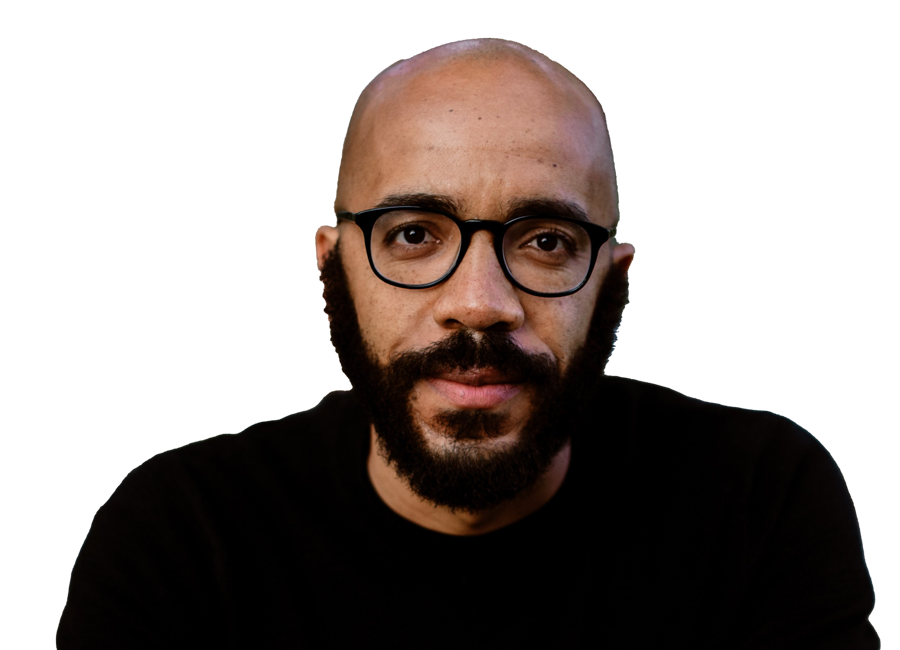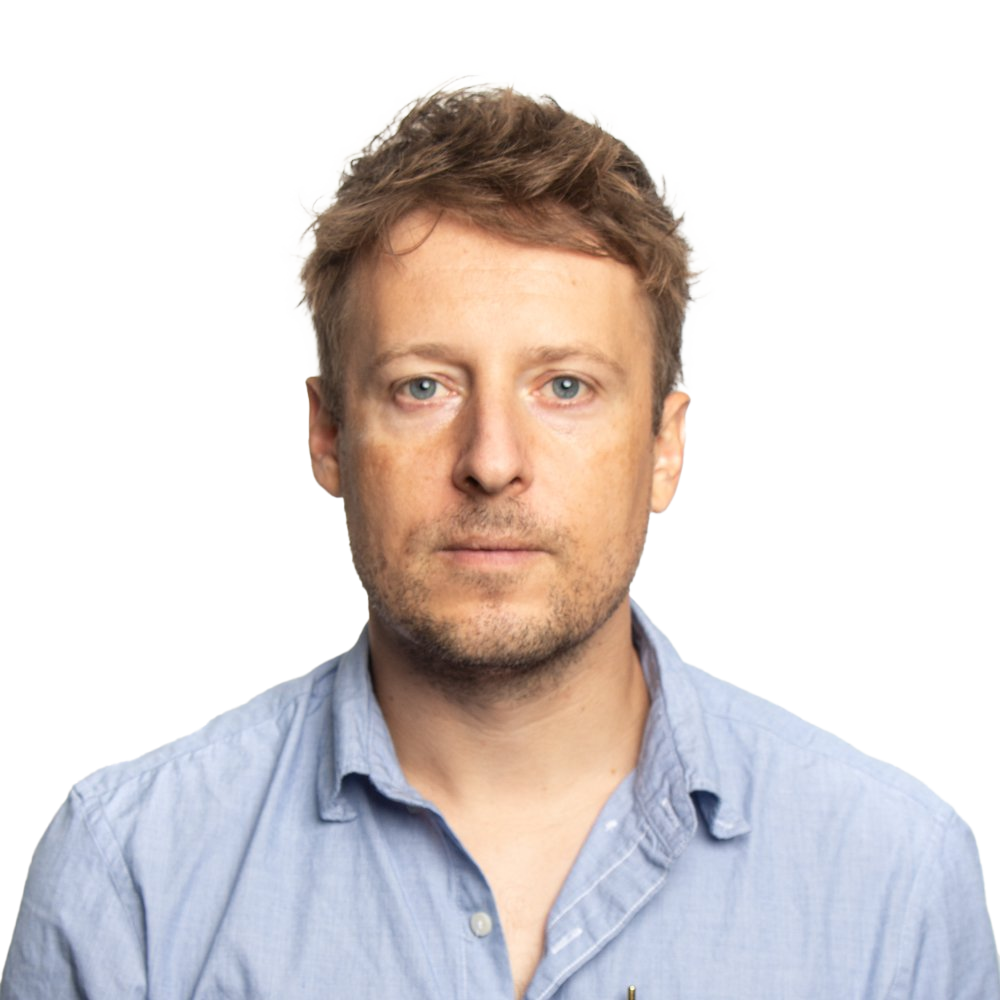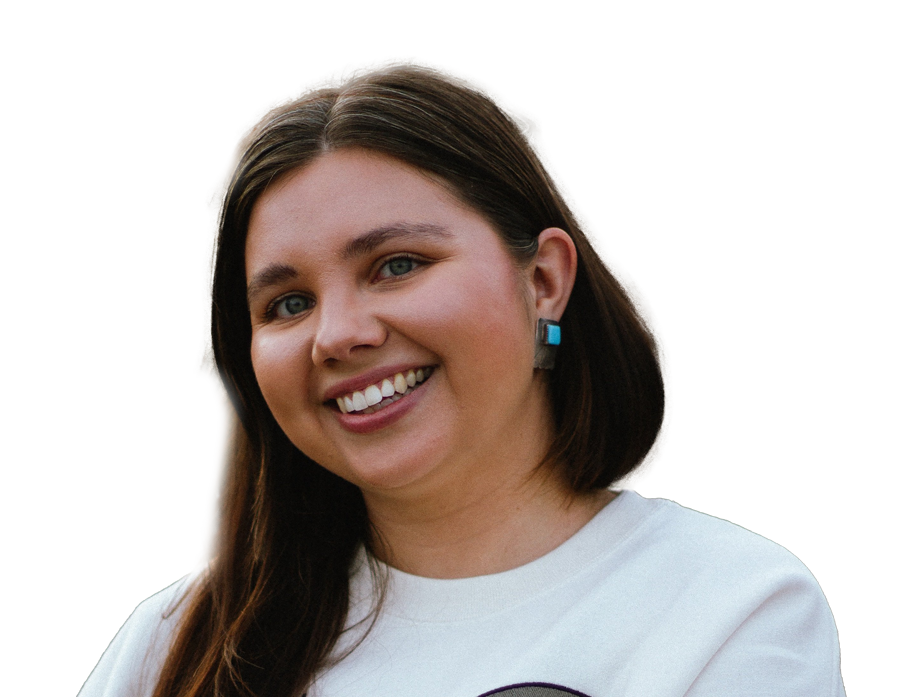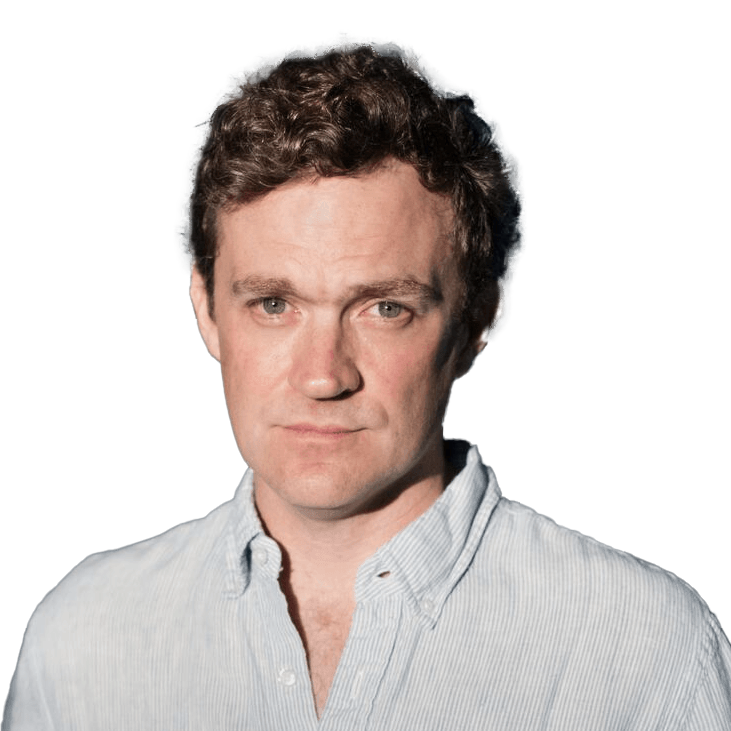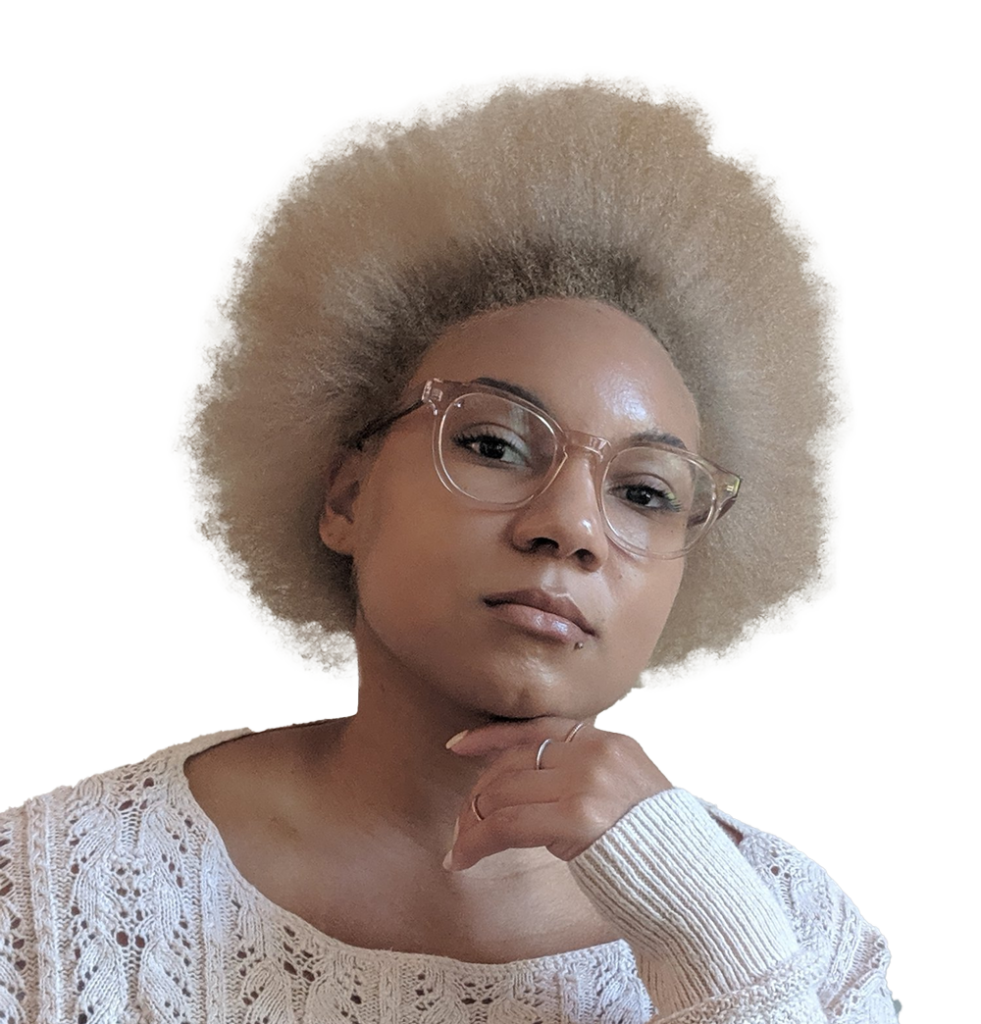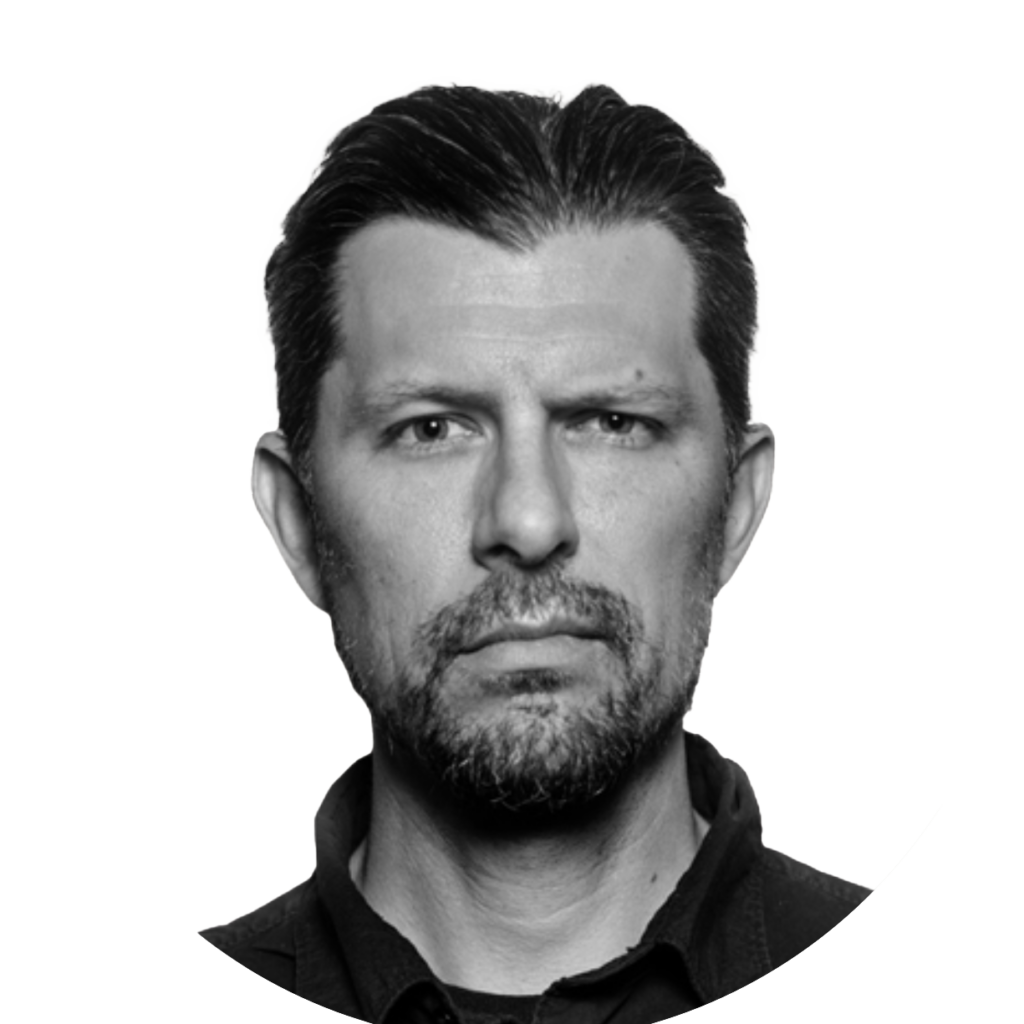This interview has been condensed and edited for clarity.
You began your career as a high school English teacher with Teach for America. In conversation with John Green, you said, “I don’t think anything that exists in my life now would have happened or been possible had I not become a teacher.” Can you expand on how teaching influenced your professional journey?
It was such a particularly transformative time in my life. In 2011, I became a teacher in Prince George’s County, Maryland. I taught at a school that was largely low-income, Black, and Latino, and had a significant undocumented population. It was a place in which the failures of our social and political infrastructure were made so evident.
The 2010s were an era when the language that incentivized people to go into teaching was rooted in this notion that this is the civil rights movement of our time, and that nothing will transform a student’s life the way that a teacher or a school can. It’s not to say that I don’t believe that a teacher or classroom can be transformative; I absolutely believe that. But I think the language and the discourse were operating in isolation. I felt like a part of the conversation was missing. We weren’t talking about the landscape of social and historical inequality that animated the realities of our students’ lives. It became clear that it was impossible for me to understand their lives without understanding mass incarceration, the history of immigration policy, food insecurity, housing policy, and the list goes on and on. It became clear that school was part of a larger archipelago of social forces and social institutions, and that we could think only about schools, without considering everything else that surrounds them.
I also spent a lot of time thinking about what it means for my students to understand that their lives are the result of decades—or centuries—of public policy decisions. Decisions that directly affect their lives every day and have created specific conditions in their communities. But this reality, I wanted them to understand, is not static. It can be reconstructed and deconstructed and made into something new. And so I got started doing a lot of work with my students, trying to use literature as a prism through which to understand the social inequality that shaped much of their lives.
And I just loved teaching. Reading books with teenagers was just so fun and generative, and so fascinating. I thought I’d be a high school English teacher for the next 30 years, and I would have been happy doing so. But I also wanted to spend more time thinking about the political and social forces that I, and my students, are a part of. What would it look like, I wondered, to create the sort of books and resources that might move my students, and that might help them more clearly understand who they are in relation to the world?
You got your start in writing through performance poetry. Can you describe what that experience was like for you, and what did you love about it?
I discovered slam poetry in college at Davidson, where I originally enrolled as a Division I soccer player, still holding onto dreams of playing as a professional. But I soon was disabused of my soccer aspirations after my collegiate playing performance was not going as I had hoped. And yet I felt very lucky to be at a place—a small liberal arts college—that pushed me to figure out what I cared about and what moved me. So I joined the school paper. I did voter registration work. I volunteered with Big Brothers Big Sisters. I joined a historically Black fraternity. And then I started a poetry group. We were akin to the Dead Poets Society, gathering together every Sunday evening on the top floor of our main academic building to read and share our own poems with one another. That was a really special time that propelled me into poetry when I moved to Washington, DC, to teach.
The thing about subcultures is that when you’re in one, you feel like it’s the entire world! I was on the DC Poetry Slam Team from 2012 to 2014, which included the five poets who won the citywide poetry slam to represent DC in the nationwide poetry competition. You couldn’t tell me that wasn’t the Super Bowl. We practiced every day ‘til like 3 am. The connection between all of us was so intense. It was some of the most fun I’ve ever had. It meant that my earliest experiences of being a writer were team-oriented. And coming from a team sport, that was a great bridge for me into the world of literature. It was where I learned to be a writer. There would be no How The Word Is Passed if it weren’t for the world of poetry slam.
In what ways has New Orleans, where you were raised, influenced the lens through which you approach your work?
You don’t realize until you leave that New Orleans is such a singular place. There is nowhere else like it in this country or in the world; it is such a blend of cultures and histories and especially of Black life. It is distinct and rich. I feel so lucky to have grown up there.
I’m going to speak in generalities here—I have found that if your parents have immigrated from another country, they often want you to have a relationship with their home country. I don’t know if people from other U.S. cities feel this way, but I feel a version of that for New Orleans, as if it’s a different country, and my children are like first-generation non–New Orleanians. I want them to understand where they’re from, like it’s a sort of “motherland.” I want them to feel a connection to the city because it’s a place that made me, the place that made them possible. And so I bring them back every summer, and they stay with their grandparents who always give them the full New Orleans experience. I try to make sure they see that this place is significant to me, and hopefully, it creates some sort of significance for them.
Since your time as a New America Fellow, you’ve gained significant recognition as an author and poet. How do you navigate your relationship with literary fame and public attention today?
I feel enormous gratitude. How The Word Is Passed changed my life. It catapulted me into a place that I’m still getting used to. I’ve seen my book alongside the books of people who are my literary and intellectual heroes. I’m asked to sit on panels that only a few years ago existed in another literary stratosphere. I feel so grateful that the book took on the life that it has.
It is interesting to get recognized at a restaurant or when I’m walking down the street. Almost everyone is incredibly kind, and that just means a lot. I’m 36 years old and I’ve already had a career that’s more than I could have ever hoped for. I also know it’s only been possible because of so many people who have poured time, love, and resources into me. I try my best to do right by it. I try my best to pay it forward.
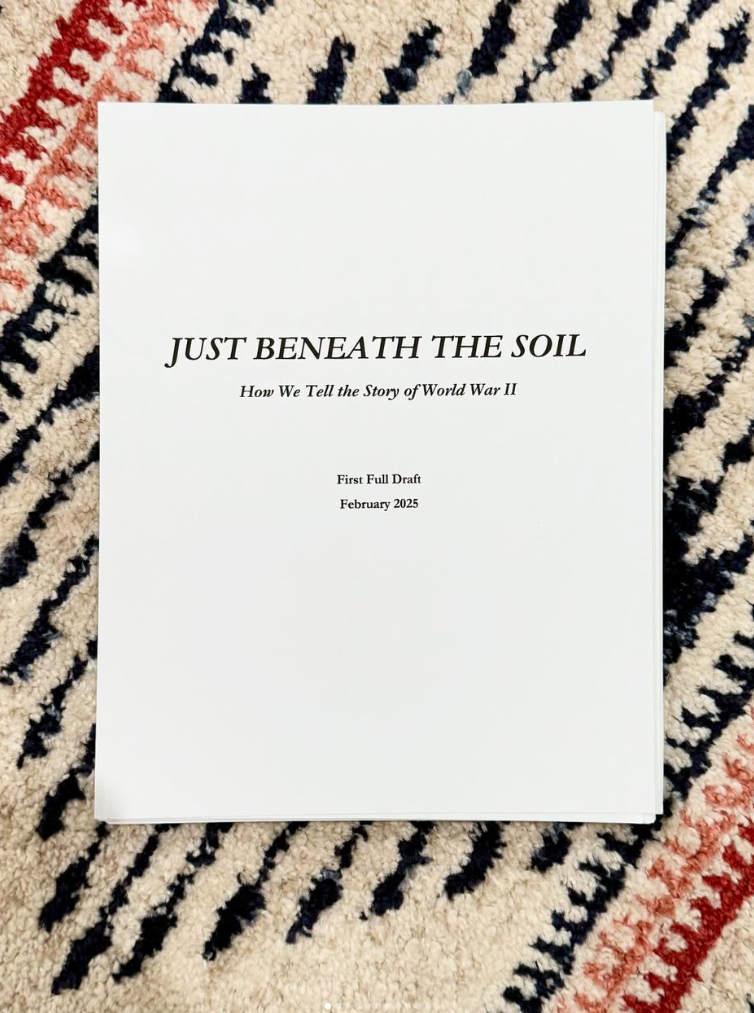
When it comes to evaluating the quality of your work, whose perspective matters most to you?
I’ve thought about this a lot, and in a lot of ways, I think I’m always writing for a teenage version of myself.
I grew up being taught poetry in a way that made it feel distant and rewarded complexity for complexity’s sake. When I started writing poems, it was, in some way, done in opposition to that. I have no desire to write a poem that someone won’t understand, which isn’t to say that people can’t have a different understanding of a poem, right? That’s the beauty of art—that 1,000 people can read the same poem and have 1,000 different interpretations of it. But there’s a difference between that and when someone is trying to purposefully obscure meaning for the reader. I also know that is my personal preference of poetics, and it’s completely okay if others conceive of poetry in a different way. I can only speak for myself. But for me, I knew I wanted to write the sort of work that the high school version of myself would have read and understood. It’s always coming back to what would 16-year-old Clint want to read or what would have spoken to him.
In the context of my historical work, it’s somewhat similar. I’m writing to fill the gaps in my own understanding. I wrote How The Word Is Passed because in 2017 I watched these Confederate monuments come down in New Orleans, the city I grew up in that was the heart of the domestic slave trade. What’s more, I am the descendant of enslaved people—my grandfather’s grandfather was enslaved. And yet, watching those statues come down, I realized that I didn’t understand the history of slavery in a way that was commensurate with the impact and legacy that it left on this country. I wanted to fill in those gaps. I wanted to understand more than I did. For me, the history books I write are largely an effort to teach myself about a history I wish I’d known more about.
Now I’ve spent the past few years writing a book about World War II. It’s born out of a similar vein in that all I really knew about World War II was basically Band of Brothers and Saving Private Ryan, and the story is so much bigger than that, right? I’ve spent the past four years traveling to Japan, Korea, Argentina, France, England, Germany, New Mexico, California, and Mississippi to understand what this war and its related atrocities meant to people in these communities.
I think I am still the reader who I’m thinking of most. The historical nonfiction books I write are just excuses to teach myself history and take myself to places that help me understand that. And I hope that the book serves as an invitation to the reader to join me on this journey, and then as a catalyst for them to go on their own journey. It is born out of a deep belief in the power of putting your body in the place where history has happened.
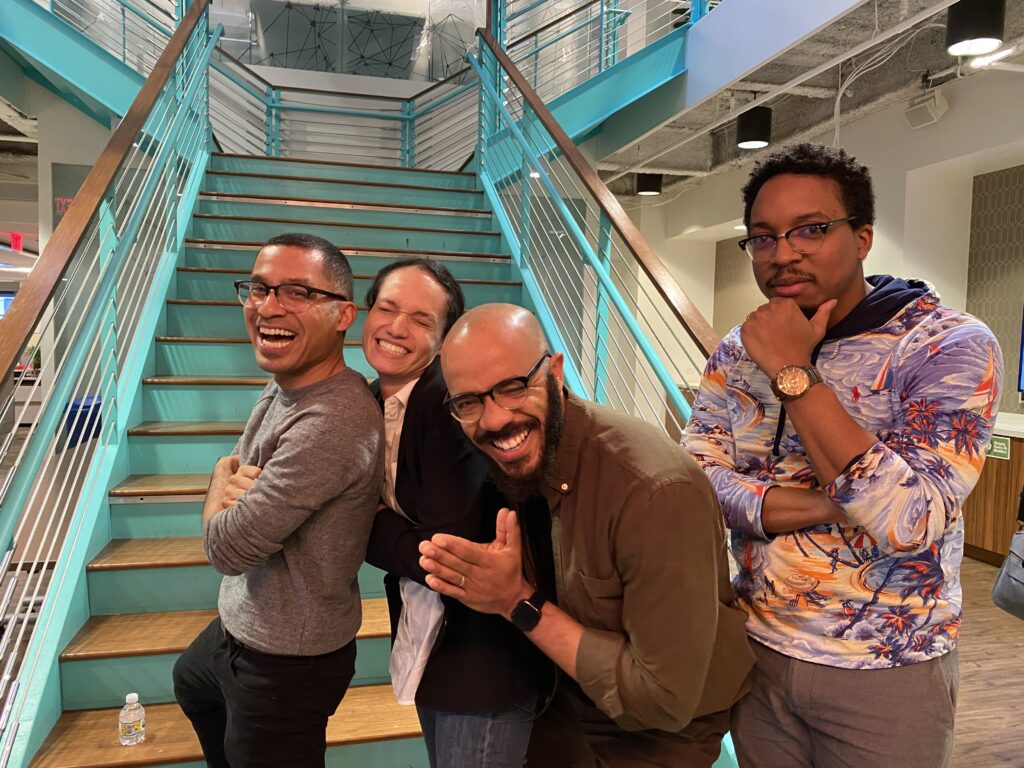
In the five years since you became a New America Fellow, what role has your fellowship cohort played in your professional journey?
My particular cohort met and came together at such a unique time—literally two weeks before COVID shut everything down. We were, in many ways, among the last people to spend time with one another before lockdown. And I think that experience created a particular sort of affinity or bond, even when, at the time, we didn’t necessarily know all of what was coming.
I’m particularly close to several of the Fellows, and they have played a huge role in my life, some I work alongside, others I make a point of visiting when I’m in the same city as them. All of us text or call one another to share life updates and whatever’s going on with work. But even if I’m not always in touch with each of the Fellows in my cohort, I follow everything that they do. Whenever a new book or article or piece of media that they created comes out, I find that we’re all pretty good about texting or DMing one another with praise. It’s a mutually supportive community.
What memories stand out from meeting other New America Fellows in person?
When we started the fellowship, I had produced a draft of the manuscript for How The Word Is Passed, and a few of the other Fellows wanted to share work in progress. It was the first time anyone other than my wife or editor had read the book, and it was an incredibly vulnerable moment. I was wondering, “Am I just cosplaying as a journalist and a historian?” Before writing this book, I was a poet, so I was nervous to share a work of narrative nonfiction. And yet, I’ll always remember the care, the thoughtfulness, the generosity, and the affirmation that I got from that group of Fellows.
Talking with them about my work with such rigor and such thoughtfulness, it just buoyed—and propelled—me in those early days of COVID when I was editing my work at home, in isolation, with a one-year-old and a three-year-old. It gave me so much confidence moving forward. It made me think, “Maybe there is something here?” because these people create work that I so deeply respect, and they told me there’s something to what I’m writing.
July 9, 2025
Images provided courtesy of the Fellow
